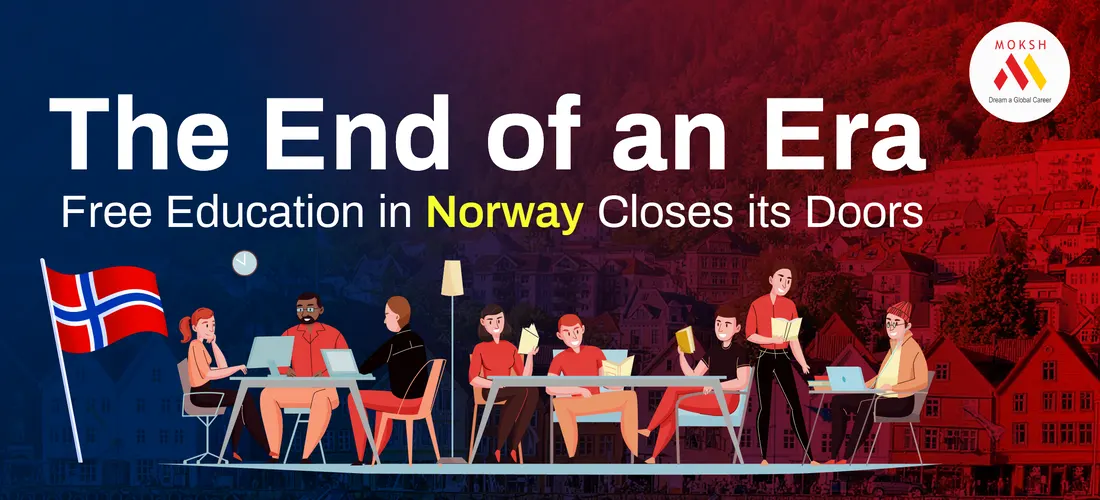
The End of an Era: Free Education in Norway Closes its Doors
For decades, Norway has been a beacon of hope for international students seeking high-quality education without the burden of exorbitant tuition fees. However, a recent policy change has significantly altered the landscape of higher education in the country. This blog post will delve into the details of this shift, exploring its reasons, the current state of tuition fees, and the potential implications for the future.
Tuition fees for non-EU/EEA students: Starting in 2023, students from countries outside the European Union (EU), European Economic Area (EEA), and Switzerland will be required to pay tuition fees at public universities in Norway. These fees vary depending on the program and institution but are generally lower than those in popular study destinations like the UK, US, and Canada.
Reasons for the Change:
The Norwegian government's decision to introduce tuition fees for non-EU/EEA students was driven by several factors:- Financial Sustainability: The government expressed concerns about the long-term economic sustainability of providing free education to a growing international student population.
- Quality of Education: Tuition fees were also seen as a way to generate additional revenue to invest in improving the quality of education at Norwegian universities.
- Focus on Domestic Students: The government acknowledged that the influx of international students could limit the educational opportunities available for domestic students.
Current State and Implications:
While the introduction of tuition fees has undoubtedly changed the landscape of higher education in Norway, it is essential to note that the country remains a relatively affordable study destination compared to many others. Additionally, several exemptions and scholarships are still available for international students, including:
- EU/EEA and Swiss Students: Students from EU/EEA countries and Switzerland enjoy free education in Norway.
- Doctoral Programs: Postgraduate candidates are exempt from paying tuition fees regardless of nationality.
- Exchange Programs: Students participating in exchange programs like Erasmus Mundus also benefit from free education.
The long-term effects of this policy change are still uncertain. While some argue that it could potentially hinder Norway's attractiveness as a study destination for international students, others believe it could lead to a more sustainable and focused Higher education system.
Conclusion:
The closure of Norway's free education era marks a significant shift in the country's approach to Higher education. While introducing tuition fees for non-EU/EEA students presents a new financial hurdle for some international students, Norway remains a relatively affordable and high-quality study destination. The future of higher education in Norway will depend on how effectively the government manages the transition and balances the needs of both domestic and international students.





